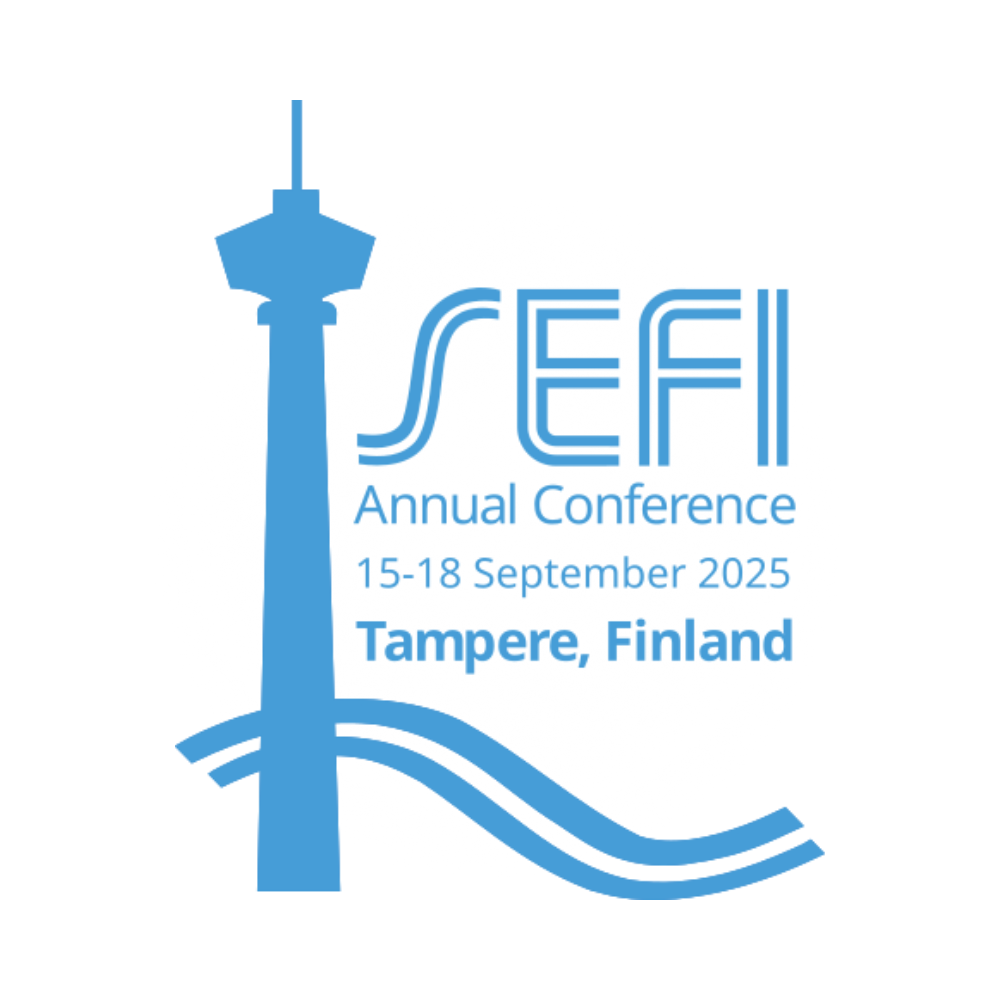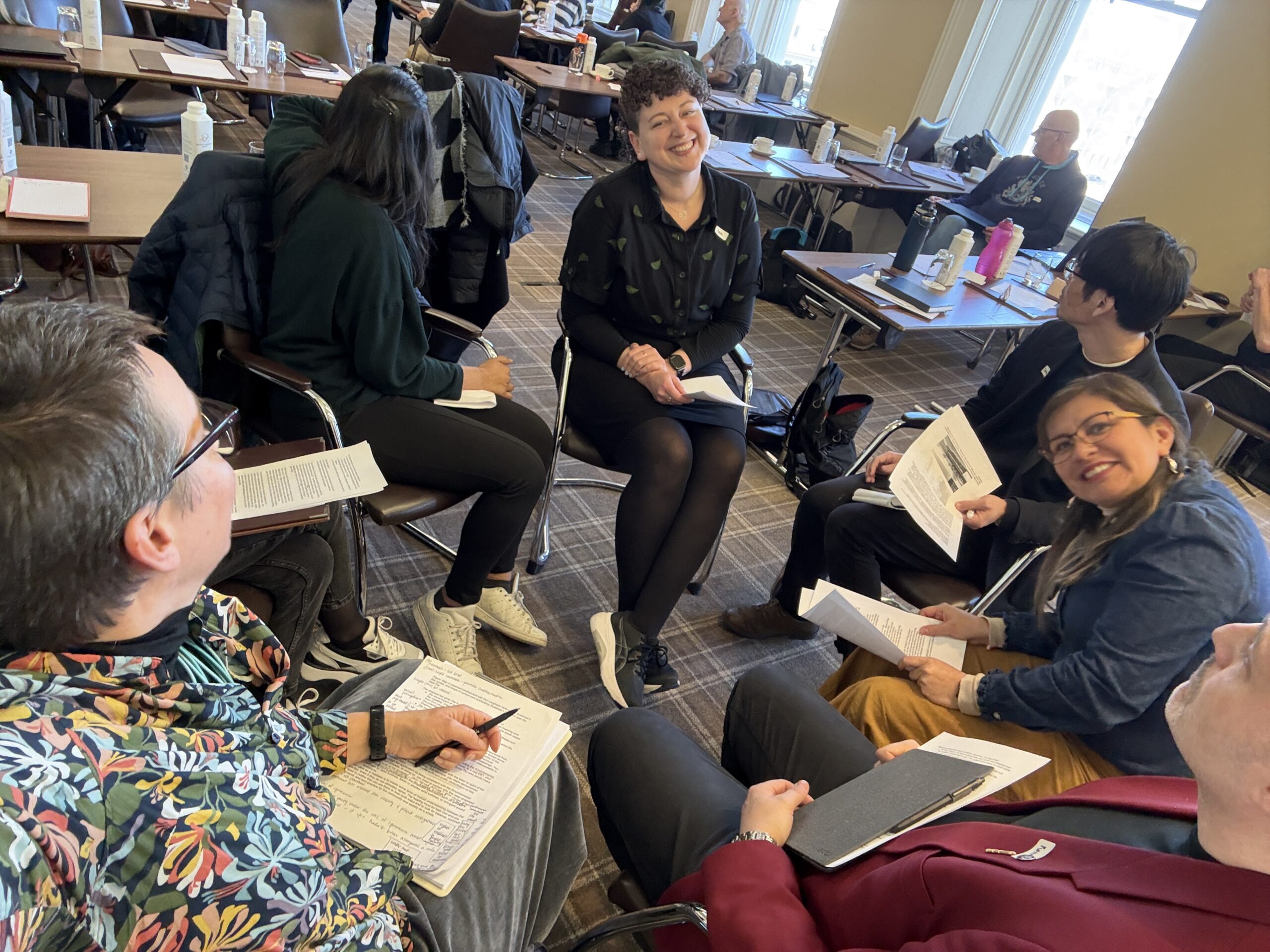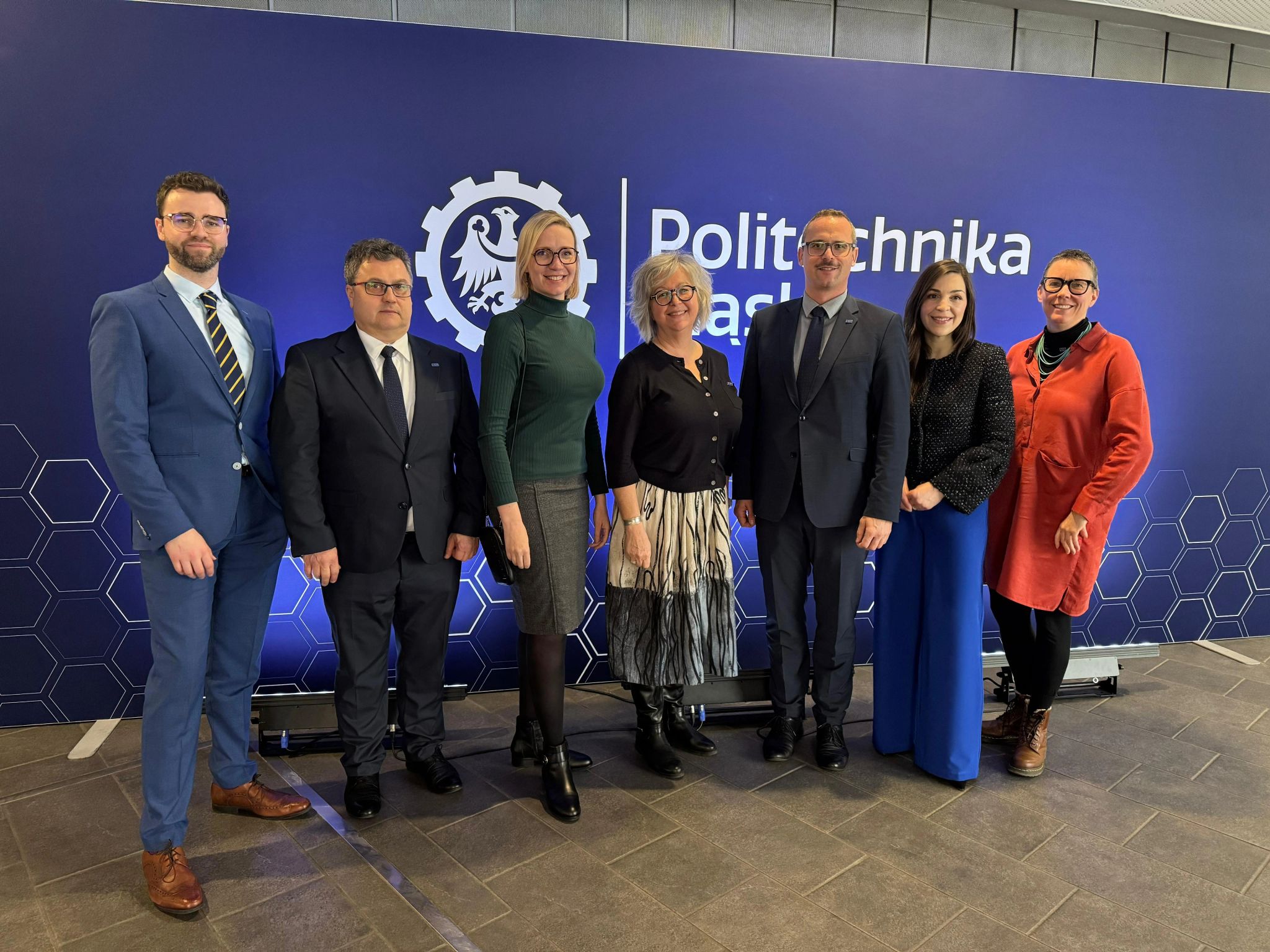We are excited to announce that registrations for the 53rd SEFI Annual Conference are now…
Metacognition, self-regulation, and socially shared regulation in Engineering Education
Special Issue of the European Journal for Engineering Education
Co-Leading Guest Editors
- Tinne De Laet, KU Leuven, Belgium
- Lynn van den Broeck, KU Leuven, Belgium
Guest Editors
- Karolina Doulougeri, TU Eindhoven, the Netherlands
- Patric Wallin, NTNU, Norway
- Erdem Onan, TU Delft, the Netherlands
- Naomi Winstone, University of Surrey, England
- Nada Dabbagh, George Mason University
The European Journal of Engineering Education is inviting original manuscripts for a special issue addressing metacognition, self-regulation, and socially shared regulation in engineering education. Engineering institutions today need to rethink their educational system if they want to prepare students for existing societal challenges. Additionally, in the long-term horizon, Hadgraft and Kolmos (2020) foresee more personalized curriculum models to support students in developing their own learning and career trajectories. This, in combination with more emphasis on lifelong learning and professional competencies, requires that engineering students learn, even more than before, to become self regulated and metacognitive learners.
Both self-regulation and metacognition are popular concepts in the research area of educational psychology. In the review by Panadero (2017), six models of self-regulation are compared. These generic models are a fundamental starting point when focusing on self-regulation or metacognition in engineering education. However, an open point of discussion for self-regulation and metacognition is whether it is general by nature or rather domain, or even task specific (Veenman et al., 2006). Therefore, both research around self-regulated learning and metacognition as general or rather domain or task-specific competencies for engineering students, is needed.
Socially shared regulation of learning (SSRL) is growing field of research of particular interest for engineering education as SSRL has shown to contribute to students’ performance (Panadero & Järvelä, 2005) and the particular importance of teamwork for engineering. Hadwin & Oshige (2011) focus on how the social dimension of self-regulation is connected to the theoretical models of self-regulation, and recent work is emerging regarding social regulation in challenge-based learning (Doulougeri et al. 2023) and interdisciplinary teamwork (O’Connell et al. 2023). Furthermore, gaining insight into the relationships between self-regulation, metacognition, and socially shared regulation at the one hand and academic outcomes (e.g., retention, academic achievement) or other (non-) academic engineering students’ competencies or characteristics (e.g., self-efficacy, academic integration, lifelong learning) on the other hand will lead to a better understanding of the potential impact and importance of self-regulation and metacognition.
Using a theoretical model is one thing; there are, however, questions about assessing these competencies in a scientifically sound manner. Research about competency measurement in higher education is therefore evolving but not yet completed (Zlatkin Troitschanskaia et al., 2015). In their systematic review, Cruz et al. (2020) provide an overview of the existing methods to assess competencies in engineering education. If we can assess self-regulation, metacognition, and socially shared regulation, the next step is to design, develop, implement, and evaluate educational interventions that aim to improve students’ competencies. Interventions should not only target students directly, but also teachers such that they can act upon the (lack of) development of metacognitive and regulation competencies of students (Mejia-Domenzain et al., 2023). Measuring the effectiveness and efficiency of interventions related to regulation and metacognition is a challenging, though interesting, research field. Once effectiveness and efficiency are shown, integrating these interventions in engineering education curricula and practices is the final hurdle to be taken.
Focus of this special issue
To date there remains a gap in engineering education research regarding:
- Understanding and modelling metacognition, self-regulation, and socially shared regulation and epistemological beliefs and their relation to engineering students’ academic outcomes and/or other competencies.
- Instruments, methodological and technological approaches to assess and analyze metacognition, self-regulation, and socially shared regulation in engineering education.
- Effective, efficient, and/or longitudinal interventions targeting the improvement of metacognition, self-regulation, and socially shared regulation in engineering education.
Criteria for consideration
The issue welcomes papers focusing on higher education presenting rigorous critical analysis regarding the gap above. Both empirical studies and conceptual contributions are welcomed. Case studies will be considered, but must build on a solid theoretical framework, contain compelling evidence, and be described such that they present value in contexts different from the presented
context. Structured literature reviews will also be considered, provided they are executed according to the Prisma or similar well-recognized protocols. Studies relating metacognition, self-regulation and socially shared regulation to educational outcomes
(retention, academic achievement, etc.) or other student competencies (critical thinking, motivation, self-efficacy, etc.) must go beyond the observation of correlations between variables and build on a solid theoretical understanding of the concepts involved and an appropriate quantitative methodology, qualitative methodology, or mixed methods approaches.
Instructions for authors
- Extended abstracts: Extended abstracts should be anonymized and limited to 800-1000 words, plus references. The abstract should include: the contribution, the background rationale, the methodological approach, the (expected) outcomes, and the (foreseen) findings.
- Full papers: For the full paper submission, the instructions of the journal should be followed.
Important deadlines
Manuscripts will be peer reviewed suing the published review criteria. Invitation to submit a paper based on an abstract does not guarantee acceptance for publications. Authors submitting their work are expected to serve as peer reviewers for the special issue.
- 15 January 2025: Submission of extended abstract
- 15 February 2025: Abstract review outcome and invitation to submit full article
- 1 August 2025: Full paper deadline
Submission instructions
- Extended abstracts (and later papers) should be submitted through the EJEE’s submission page.
- When completing the submission select under “Special issue name or Article Collection name”, the name of the special issue: Metacognition, self-regulation, and socially shared regulation in Engineering Education.
- During extended abstract submission, a regular abstract is also requested. Submit the extended abstract under the file upload (an anonymous version and a version with author details)
For questions contact Tinne De Laet or Lynn Van den Broeck.
References
Cruz, M. L., Saunders-Smits, G. N., & Groen, P. (2020). Evaluation of competency methods in engineering
education: a systematic review. European Journal of Engineering Education, 45(5), 729–757.
https://doi.org/10.1080/03043797.2019.1671810
Doulougeri, K., Bombaerts, G., Bots, M., & Vermunt, J. D. (2023). Conceptualizing socially shared
regulation in Challenge-Based Learning. In G. Reilly, M. Murphy, B. V. Nagy, & H.-M. Jarvinen (Eds.), SEFI
2023 – 51st Annual Conference of the European Society for Engineering Education: Engineering Education
for Sustainability, Proceedings (pp. 347-355). Article 120 Technological University Dublin.
https://doi.org/10.21427/TEM7-HQ90
Hadgraft, R. G., & Kolmos, A. (2020). Emerging learning environments in engineering education.
Australasian Journal of Engineering Education, 25(1), 3–16.
https://doi.org/10.1080/22054952.2020.1713522
Hadwin, A., & Oshige, M. (2011). Self-Regulation, Coregulation, and Socially Shared Regulation: Exploring
Perspectives of Social in Self-Regulated Learning Theory. Teachers College Record, 113(2), 240-264.
https://doi.org/10.1177/016146811111300204
Mejia-Domenzain, P., Laini, E., Neshaei, S.P., Wambsganss, T., Käser, T. (2023). Visualizing Self-Regulated
Learner Profiles in Dashboards: Design Insights from Teachers. In: Wang, N., Rebolledo-Mendez, G.,
Dimitrova, V., Matsuda, N., Santos, O.C. (eds) Artificial Intelligence in Education. Posters and Late
Breaking Results, Workshops and Tutorials, Industry and Innovation Tracks, Practitioners, Doctoral
Consortium and Blue Sky. AIED 2023. Communications in Computer and Information Science, vol 1831.
Springer, Cham. https://doi.org/10.1007/978-3-031-36336-8_96
O’Connell, M. T., Stöhr, C., Wallin, P., & Negretti, R. (2023). Social regulation of learning in
interdisciplinary groupwork. European Journal of Engineering Education, 49(4), 683–699.
https://doi.org/10.1080/03043797.2023.2292258
Panadero, E., & Järvelä, S. (2015). Socially shared regulation of learning: A review. European
Psychologist, 20(3), 190–203. https://doi.org/10.1027/1016-9040/a000226
Panadero, E. (2017). A review of self-regulated learning: Six models and four directions for research.
Frontiers in Psychology, 8, Article 422. https://doi.org/10.3389/fpsyg.2017.00422
Veenman, M.V.J., Van Hout-Wolters, B.H.A.M. & Afflerbach, P. (2006) Metacognition and learning:
conceptual and methodological considerations. Metacognition Learning 1, 3–14.
https://doi.org/10.1007/s11409-006-6893-0
Zlatkin-Troitschanskaia, O., Pant, H. A., & Coates, H. (2016). Assessing student learning outcomes in
higher education: Challenges and international perspectives [Editorial]. Assessment & Evaluation in
Higher Education, 41(5), 655–661. https://doi.org/10.1080/02602938.2016.1169501


